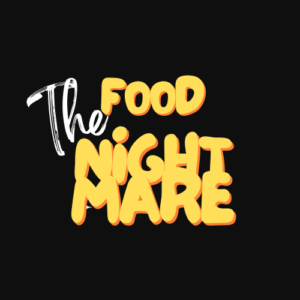7000 DISEASE RELATED TO FOOD
Quantifying the exact number of food-related diseases known today is challenging due to the broad and ever-evolving nature of the field. Food-related diseases is approximative 7000, can include a wide range of conditions, such as:
Foodborne Illnesses (Food Poisoning): These are caused by consuming contaminated food. Common pathogens include bacteria (like Salmonella, E. coli, and Listeria), viruses (like noroviruses and hepatitis A), and parasites (like Giardia). There are also cases of foodborne botulism, caused by toxins produced by Clostridium botulinum bacteria.
Allergies and Intolerances: These range from mild intolerances (like lactose intolerance) to severe, life-threatening allergies (like allergies to peanuts, tree nuts, shellfish, and others).
Nutritional Deficiencies: These occur when the body doesn't get enough of certain essential nutrients, leading to diseases like scurvy (vitamin C deficiency), rickets (vitamin D deficiency), and various forms of anemia (due to deficiencies in iron, vitamin B12, or folate).
Diet-Related Chronic Diseases: These include conditions like obesity, type 2 diabetes, certain types of cancer, heart disease, and stroke, which are influenced by dietary factors.
Toxicity from Naturally Occurring Components: Some foods contain naturally occurring toxins (like certain beans and cassava) that can cause illness if not prepared correctly.
Chemical Contamination: This includes illnesses caused by the ingestion of foods contaminated with harmful chemicals, such as pesticides, heavy metals (like mercury in certain fish), or industrial chemicals that enter the food chain.
Prion Diseases: These are rare but serious conditions that affect the brain, like Variant Creutzfeldt-Jakob Disease (vCJD), linked to consuming meat from cattle affected by Bovine Spongiform Encephalopathy (BSE, or "mad cow disease").
Miscellaneous Conditions: Conditions like celiac disease (a serious autoimmune response to gluten) and gastroesophageal reflux disease (GERD), which can be influenced by diet.
Given this diversity, the total number of distinct food-related diseases and conditions is extensive, likely numbering in the hundreds when considering all types of foodborne pathogens, deficiencies, allergies, intolerances, and chronic diseases related to dietary factors. Furthermore, new types of food-related illnesses and conditions continue to emerge, and our understanding of the relationship between diet and health is constantly evolving.
